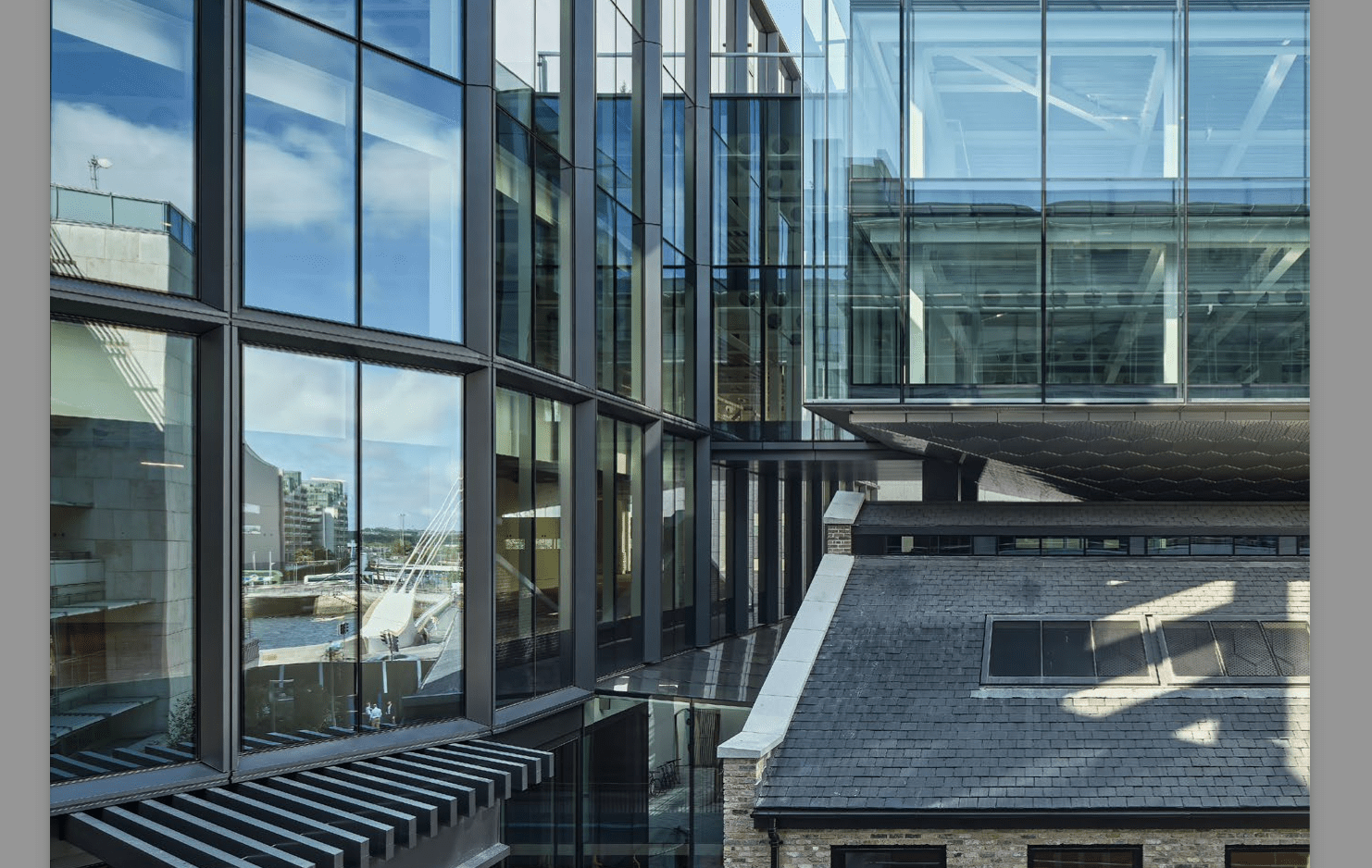Iput is Ireland’s biggest office landlord, biggest commercial landlord and biggest landlord full-stop. It was established in 1967, so it’s been through the ups and downs of the Irish economy.
Today Iput is heavily focused on offices. Office buildings make up 70 per cent of its assets — some €2.1 billion worth according to its most recent accounts, released this week.
Iput figures are especially interesting because of what they say about the office market. Commercial real estate, and particularly offices, are in a slow-burning crisis.
The crisis stems from the pandemic. During the pandemic, commercial property fared reasonably well. It was true that workers weren't coming to the office nearly as much, but companies continued to pay rent. And it was assumed things would go back to normal in time.
Three years later, hospitality and travel and other covid-impacted industries have bounced back. But offices have not. The working from home habit has stuck.
The reality is sinking in that there's going to be much less demand for office buildings. This is already reflected in the share prices of office Reits (the S&P 500 office Reits index is down 48 per cent since the pandemic, compared to the S&P 500 which is up 21 per cent). And it's starting to be reflected in the balance sheets of private landlords like Iput. Colm Lauder, head of real estate at Goodbody, has forecast office prices will drop by 20 per cent in 2023.
Right now, the working from home thing has mainly benefited workers. But in time, as companies rationalise their office footprint, there's scope for big savings. The following chart shows spending on real estate, by industry, as a percentage of sales. It also shows net profit margins. If the average company were to reduce their rent bills by a third, they would boost profits by about eight per cent.
To be sure, the offices in most trouble are marginal ones. The name of the game is attracting workers out of their homes, and providing spaces to convene and collaborate. Older shabbier offices in suburban locations are not well suited to this. And Iput doesn't play at this end of the office market. Its buildings are generally up-to-date and well-situated.
If you came to Iput's accounts without knowing anything about the pandemic or working from home, you might be puzzled. The operating business appears strong. Gross rental income — an approximation of revenue — is growing. There is no obvious sign of a reduction in demand for office space.
Similarly, operating profit is strong. And interest payments are manageable. Nonetheless, Iput has had its worst year since the financial crisis. It lost €90 million before tax.
As a property company, Iput has a big balance sheet. From a profit and loss perspective, just as important as its operating business is revisions to the value of its property assets. And that's what happened this year. Just as upward revisions to the value of assets inflated profits in the last eight years, a big €192 million write-down in the value of its assets dragged down profits this year.
€192 million amounts to a six per cent write-down of 2021 assets, so it's not enormous. It's driven by values in the wider market. In 2021, Iput offices were valued at yields of between 3.8 and 7.6 per cent; whereas in 2022 they were valued at between 4.3 and 9 per cent.
Another notable detail is how Iput has juggled its debt. The absolute amount of debt went up last year to 23 per cent of equity. Iput said this is because it's currently doing more development than usual:
"The debt to equity ratio has increased to reflect Iput's development cycle which includes the development of Wilton Park, the Tropical Fruit Warehouse, 25 Northwall Quay, 15 George's Quay and Quantum Logistics Park. The level of debt remains modest (c. 20%) and the development pipeline is de-risked as it is effectively fully pre-let."
The other point is that it has managed to borrow cheaply. Even in 2022, with rates rising, it paid €1.9 million of interest on €532 million of borrowings. That's an interest rate of 0.3 per cent.
Iput is still building gleaming glass office blocks, and still investing in the city centre. What else can it do?


